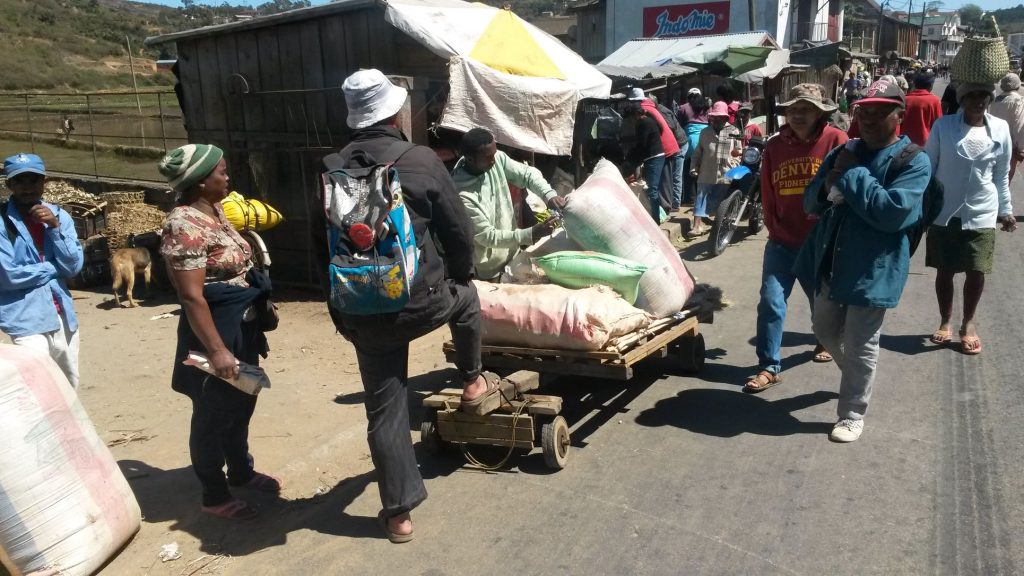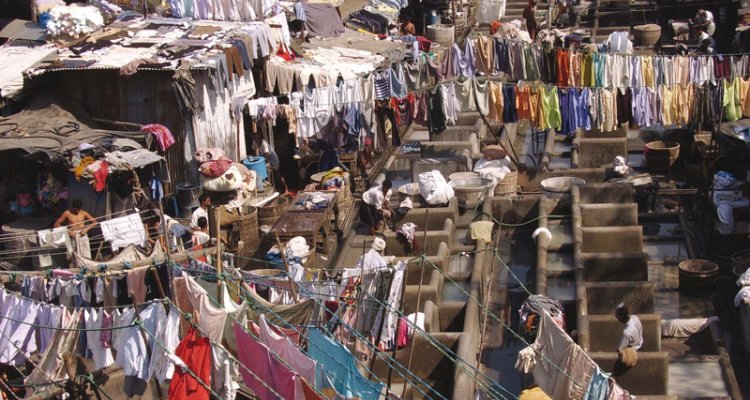Africa also needs social scientists
“For as long as I can remember, I’ve been fascinated by Africa. The big animals… the nature… That was what I wanted to explore. But now I know: Africa also needs social scientists,” says Annah Zhu. Her fascination for Africa, and China too, is as alive as ever.
Annah Zhu. Her fascination for Africa, and China too, is as alive as ever. But with a different focus than what she imagined as a prospective student.
More about Annah Zhu
Annah Zhu is assistant professor in Wageningen, where she works on globalisation and the environment. “I find it important to live for a longer time among the people in the country where I do research. I’ve discovered that it’s crucial to look at environmental measures through the eyes of local people. You have to understand what environmental measures mean for them.”
Studying and planning your career is a process
“I slowly discovered that if you want to protect nature, it’s also very important to look at people. But that was not how I started out. I loved learning about the flora and fauna of Africa. In secondary school, I would often sit in the library and read books about Africa. I enjoyed looking at the maps, and I fantasised about what it would be like to live there. Because that was my dream: to live in Africa and do something for all that amazing nature.”
Stop the decline in biodiversity? Africa also needs social scientists
“Since I loved nature so much, it was a logical step for me to study biology (the bachelor programme). This was followed by a Master’s in Environmental Management, and a PhD in Society and Environment. The reason for these shifts was that during my biology studies I slowly discovered how important knowledge of society is. Knowledge of economy, and of policy. If you really want to protect nature, you cannot afford to forget the social dimension. During my studies, I learned to look at nature and the environment from a scientific perspective. And to understand how important people are. That’s why I really wanted to go to Africa myself. Not as a tourist, but to live among the people there for a longer time.”
Life in Africa was different
“Life in Africa was very different from what I expected. I spent a year in Madagascar, living among the local people. I saw what people there wanted, which was very different from what I’d imagined when looking at them from a scientific perspective. What the people want there most of all is to cultivate the land and provide for their children. Madagascar is a very poor country, and it takes a huge amount of effort to create a good life for yourself. This is what people put all their energy into, so thinking about the environment is not their number one priority.”
Looking from the perspective of the people of Madagascar: Africa also needs social scientists
“Living in Madagascar for a while helped me to understand what people there want. They’re less concerned with the forest than with survival. My angle was to try and understand what it would mean for them if they learned to protect their environment. Instead of cutting down the forest, they could also promote eco-tourism to these nature reserves. Madagascar is really beautiful and interesting for tourists. There are animals there, like lemurs, that aren’t found anywhere else in the world. And how often do tourists get a chance to run into a chameleon in the wild? In Madagascar, this is all possible. But it does require people to care of nature, and, in this way, create the opportunity for local people to make a good living”.

What the people want there most of all is to cultivate the land and provide for their children. Madagascar is a very poor country, and it takes a huge amount of effort to create a good life for yourself. (Photo: John Peeters)
Africa also needs social scientists, to find out what people want
It’s not about what I want as a scientist. It’s about understanding what people in Madagascar want. We have to learn to protect nature from their perspective; we have to understand what their goals are. For that, I needed knowledge of biology and the environment, but also of social sciences.

Choosing a study programme is not a choice for life
My choice for biology and the environment was a good choice. But I didn’t get ‘stuck’ there. My passion for Africa, and for China too, drove me on this long disciplinary journey. And that’s an option you always have. As a student, and later an employee, you really don’t have to limit yourself to a single discipline. My passion was Africa, and there are so many ways of engaging with that. From biology, I went to environmental studies, and from there to social sciences. It’s all possible, as long as you follow your passion.

